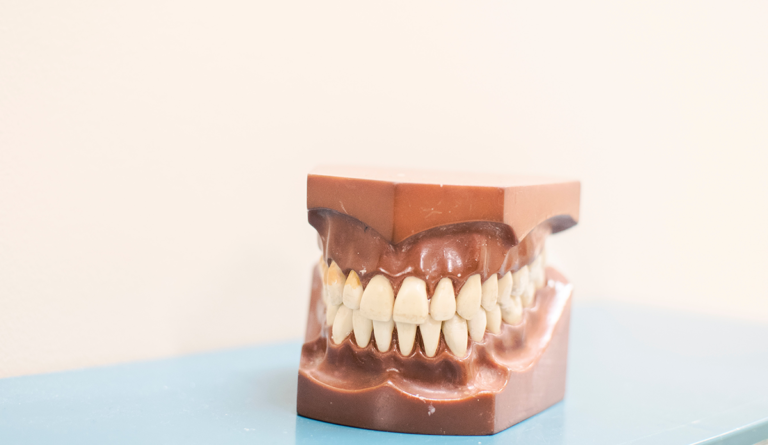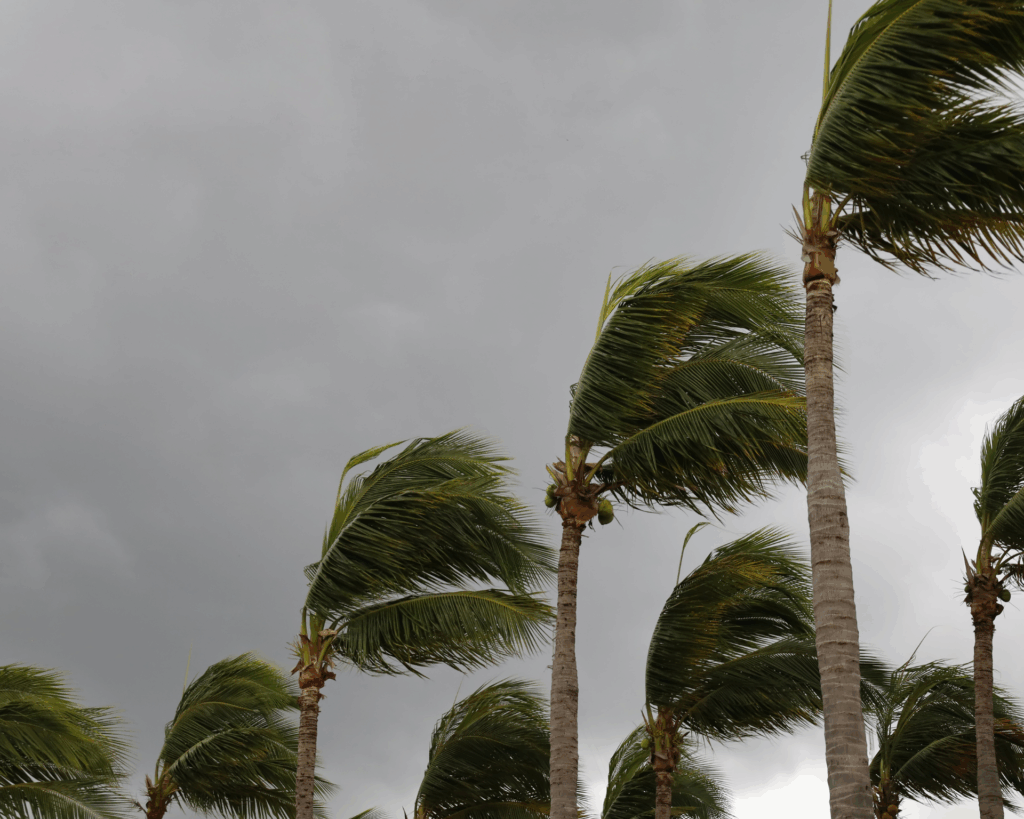Oral Health is Public Health
The steady increase in HPV-related oral cancer reinforces the need for widespread HPV vaccination to help combat this trend.

Read Time: 2 minutes
Published:
Oral cancer is highly preventable, yet it is the sixth most common cancer in the world. Tobacco use, alcohol consumption, and human papillomavirus (HPV) infection cause oral cancer, but HPV-related cancers have been accelerating over the past five years in the US. Nearly 79 million Americans have contracted HPV, and 26 million of them have an oral HPV infection. In the United States, approximately 54,000 oral cancer cases are reported each year with 13,500 deaths. Apart from fatality, oral cancer causes significant dysfunction, as well as disfigurement, with a resultant impact on the quality of life of patients. HPV, spread via intimate contact, is known as a common cause of cervical cancer and is of public health concern.
HPV-related oral cancer is more challenging to diagnose than tobacco-related oral cancer because the symptoms are not always apparent to individuals or professionals. Occasionally, the symptoms can be negligible. In addition, there are no test kits available to self-diagnose the disease. HPV vaccination rates remain alarmingly low at 16 percent below the age of 13 (an ideal age according to the national recommendation) and 49 percent between the age of 13 and 17.
The vaccine has proven to be safe and is expected to reduce over 90 percent of HPV-related cancer cases.
The Centers for Disease Control and Prevention recommend two vaccinations between the ages of nine to 12 and three vaccinations after the ages of 15 to 26. The benefit of the vaccine after the age of 26 needs to be discussed with the physician. The vaccine has proven to be safe and is expected to reduce over 90 percent of HPV-related cancer cases. Despite the introduction of the vaccine in 2006, only three states and the District of Columbia have mandated the immunization to enter sixth/seventh grade at school until now: Rhode Island, Hawaii, and Virginia, the latter only mandating it for girls. Some states like New York, New Jersey, and Illinois recently renewed a bill advocating for the requirement of the vaccine.
The steady increase in HPV-related oral cancer reinforces the need for widespread HPV vaccination to help combat this trend.



